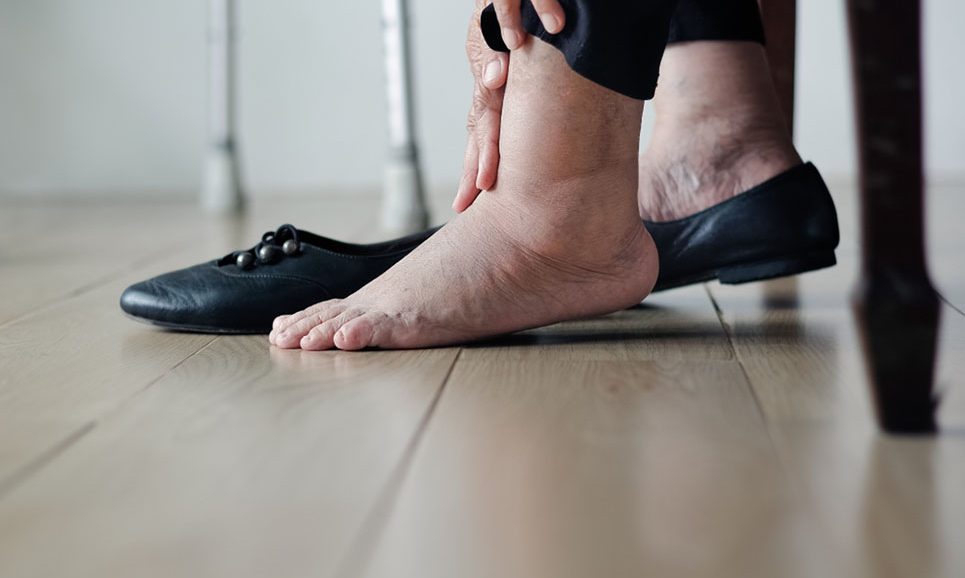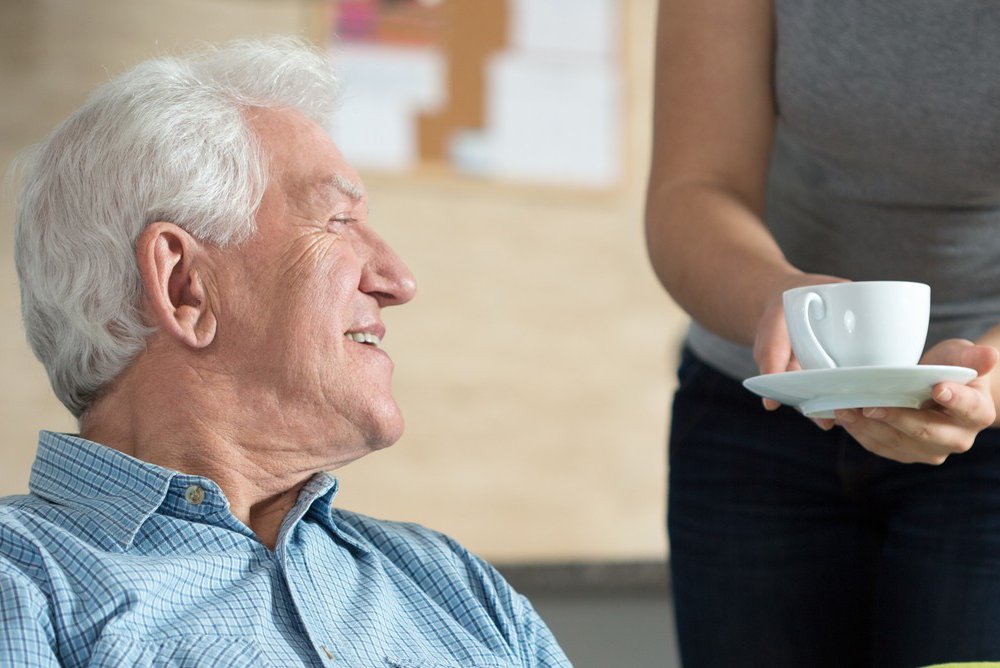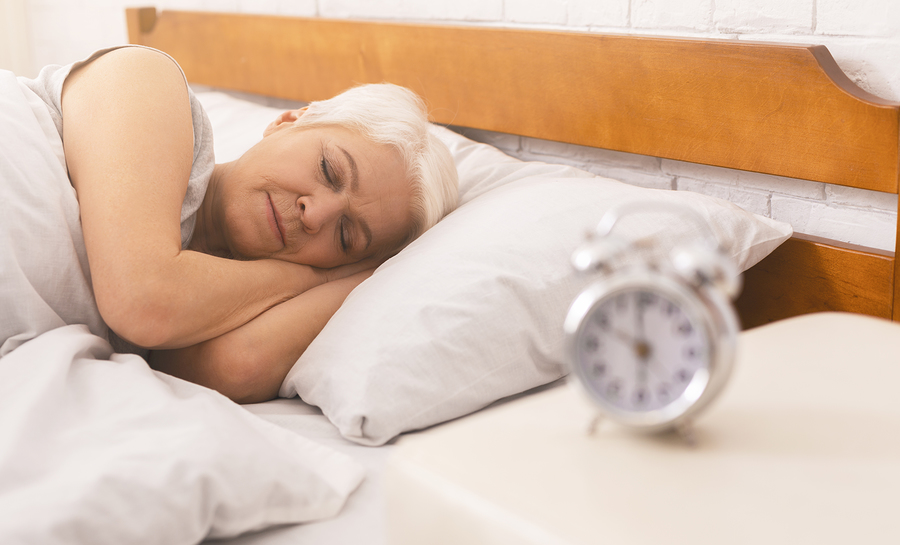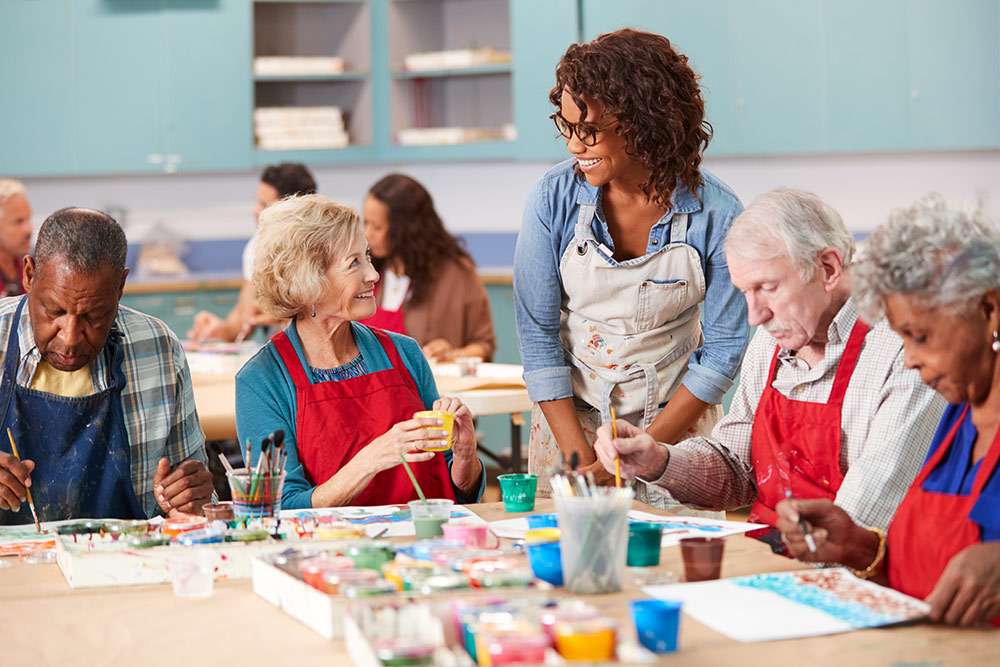As our loved ones age, they may experience a variety of physical discomforts, and one common issue is heavy legs. Heavy legs can make it difficult for seniors to move around, leading to a decrease in their overall quality of life. In this blog, we’ll explore the causes of heavy legs in the elderly and provide practical tips on how you can help them find relief and improve their mobility.
Understand the Causes
Before you can effectively help elders suffering from heavy legs, it’s essential to understand the underlying causes. Heavy legs can result from various factors, including poor circulation, venous insufficiency, muscle weakness, and even side effects of medications. Consulting with a healthcare professional can help identify the specific cause and guide treatment.
Encourage Physical Activity
One of the best ways to alleviate heavy legs is through regular physical activity. Encourage your elderly loved ones to engage in low-impact exercises like walking, swimming, or yoga. These activities help improve blood circulation, strengthen leg muscles, and reduce the feeling of heaviness. Always ensure they start slowly and consult a doctor before beginning a new exercise regimen.
Elevate the Legs
Elevating the legs can provide immediate relief from heavy legs. Encourage your elders to elevate their legs whenever possible, especially after long periods of sitting or standing. Elevating the legs above heart level helps reduce swelling and promotes better blood flow, relieving the sensation of heaviness.
Compression Stockings
Compression stockings are a valuable tool in managing heavy legs. These specialized stockings apply gentle pressure to the legs, helping to improve circulation and reduce swelling. Consult a healthcare professional to determine the appropriate compression level and size for your loved one, as incorrect sizing can lead to discomfort.
Hydration and Nutrition
Dehydration can exacerbate the feeling of heavy legs. Encourage your elders to stay well-hydrated throughout the day, as adequate hydration is essential for maintaining proper blood flow. Additionally, a balanced diet rich in fruits and vegetables can provide essential nutrients that support overall vascular health.
Massage Therapy
Gentle leg massages can provide significant relief from heavy legs. Massaging the legs helps stimulate blood circulation, reduce muscle tension, and alleviate discomfort. If your loved one is uncomfortable with self-massage, consider seeking the services of a professional massage therapist who specializes in geriatric care.
Medication Review
In some cases, heavy legs may be a side effect of medications your elderly loved one is taking. Consult with their healthcare provider to review their medication list and discuss potential alternatives or adjustments. Never make changes to medication without medical supervision.
Maintain a Healthy Weight
Carrying excess weight can put added pressure on the legs and exacerbate the sensation of heaviness. Encourage your elders to maintain a healthy weight through a balanced diet and regular exercise. Losing even a small amount of weight can have a positive impact on leg discomfort.
Assistive Devices
Consider using assistive devices to help your loved one move around more comfortably. Mobility aids like canes, walkers, or wheelchairs can reduce the strain on their legs and improve their overall mobility. Ensure that these devices are appropriately fitted and regularly maintained.
Consult a Specialist
If heavy legs persist or worsen despite home remedies, it may be necessary to consult a specialist, such as a vascular surgeon or a geriatrician. They can conduct a thorough evaluation, perform diagnostic tests, and recommend tailored treatment options, which may include procedures to address underlying vascular issues.
Emotional Support
Dealing with chronic discomfort can take an emotional toll on elders. Provide emotional support and understanding to your loved ones as they cope with heavy legs. Encourage open communication and be attentive to their feelings and concerns. Sometimes, simply knowing that they have your support can make a significant difference in their well-being.
Helping elders suffering from heavy legs requires a holistic approach that combines lifestyle adjustments, medical intervention, and emotional support. By understanding the causes, encouraging physical activity, and implementing practical strategies like elevation and compression stockings, you can help your loved ones find relief and improve their mobility. Remember that every individual’s situation is unique, so working closely with healthcare professionals is essential to tailor a plan that addresses their specific needs and enhances their overall quality of life.




